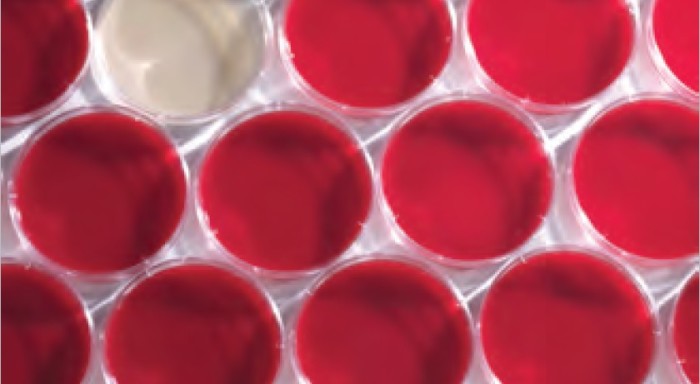Cracked corn has positive effect in broilers
Cracked corn fed to broilers increased weight gain and gizzard size and had a positive effect on gut microflora, say New Zealand investigators.1
In their study, they fed broilers either 600 g/kg of finely ground corn or replaced the ground corn with 150, 300, 450 or 600 g/kg of coarse corn. Each diet was fed in mash form and offered free-choice from 11 to 35 days after hatch.
The more coarse corn was added to the birds’ diets, the more body and gizzard weight increased. Although breast-meat yield decreased and abdominal fat increased with increasing levels of coarse corn, there was no effect on carcass yield, the investigators report in the March 2014 issue of Poultry Science.
Lactobacillus spp. and Bifidobacteria spp. counts increased, while counts of Clostridium spp., Campylobacterium spp. and Bacteroides spp. decreased as levels of coarse corn increased.
The results show that coarse corn can totally replace ground corn in mash diets fed to broilers, conclude Y. Singh, of Massey University, Palmerston, and colleagues.
1 Singh Y, et al. influence of feeding coarse corn on performance, nutrient utilization, digestive tract measurements, carcass characteristics, and cecal microflora counts of broilers. Poult Sci. 2014 Mar;93(3):607-616.
Posted on July 19, 2014















